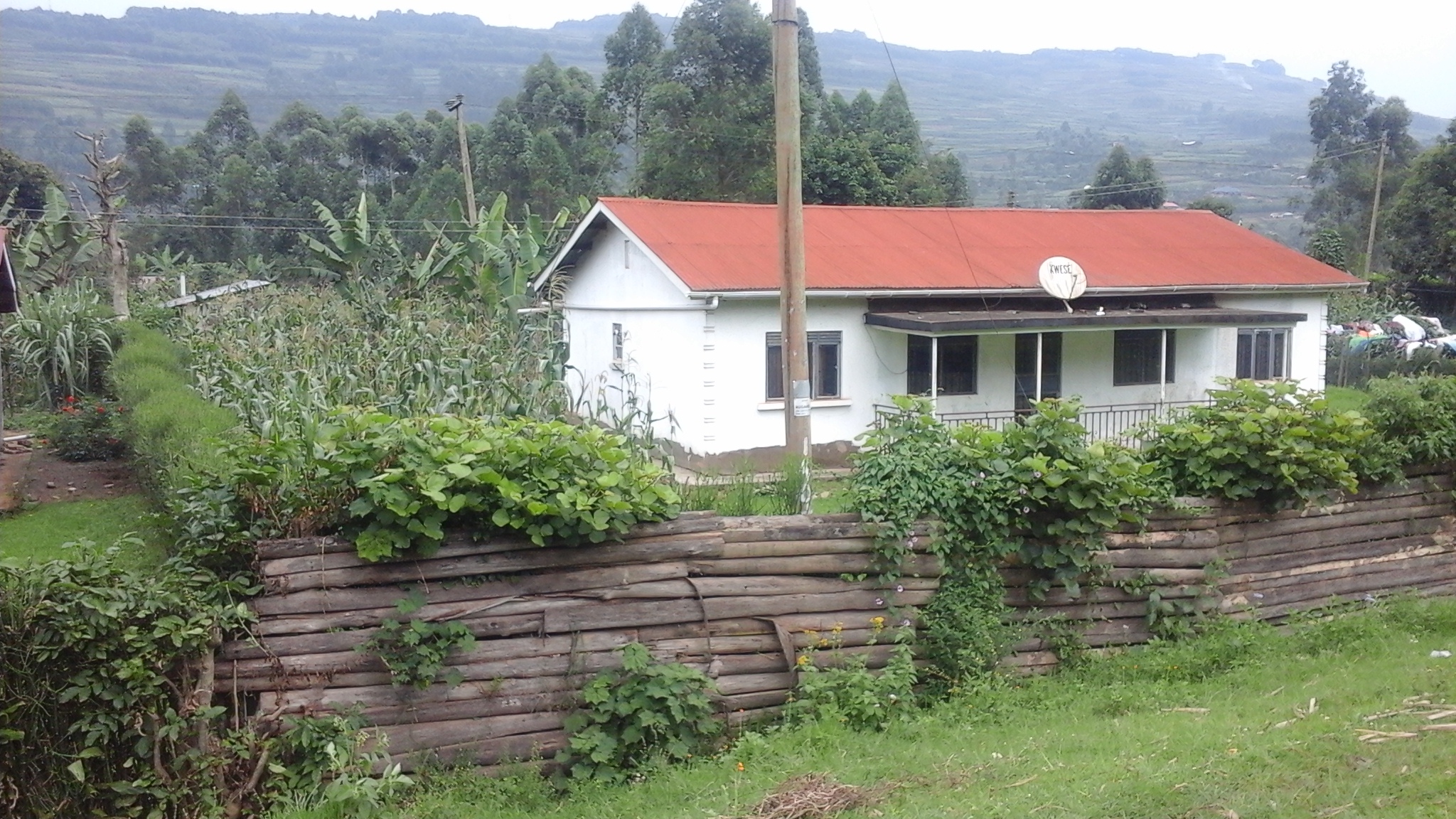Women and tenure security

In many cases, low-income rural women struggle not only with limited land rights, but with
weak land tenure: the ability to control and manage land. This means that even if some rural
women have access to land, they may still lack the ability to use it or make long-term decisions
about it.
Tenure security is essential for women. Such stability not only confers the peace of mind that
they will be able to use the land without interference, it brings a host of other benefits too. It
encourages women to invest in their land and enables them to reap the benefits of those
investments. With proper legal documentation – including land titles, legal rights and available
safety nets – comes higher earnings, and therefore more prosperous households and
communities. This increased prosperity, in turn, opens up additional avenues such as access to
credit. Furthermore, tenure security contributes directly to social stability; indeed, situations of
tenure insecurity often contribute to conflict.
We have recently seen real progress in rural women’s tenure security through the use of
household methodologies. The practice of engaging all household members – women and men
– in envisioning a common future consistently brings about positive changes in women’s
livelihoods and well-being. In Chapter Fifteen supported project, for example, women have
increased their control of land-based productive activities – resulting in higher incomes and in
more spending devoted to their children’s welfare like payment of school fees.
To ensure tenure security, Chapter Fifteen is with development community, policymakers, and
practitioners to expand the range of interventions that address internal and external constraints women
face when exercising their land rights.
